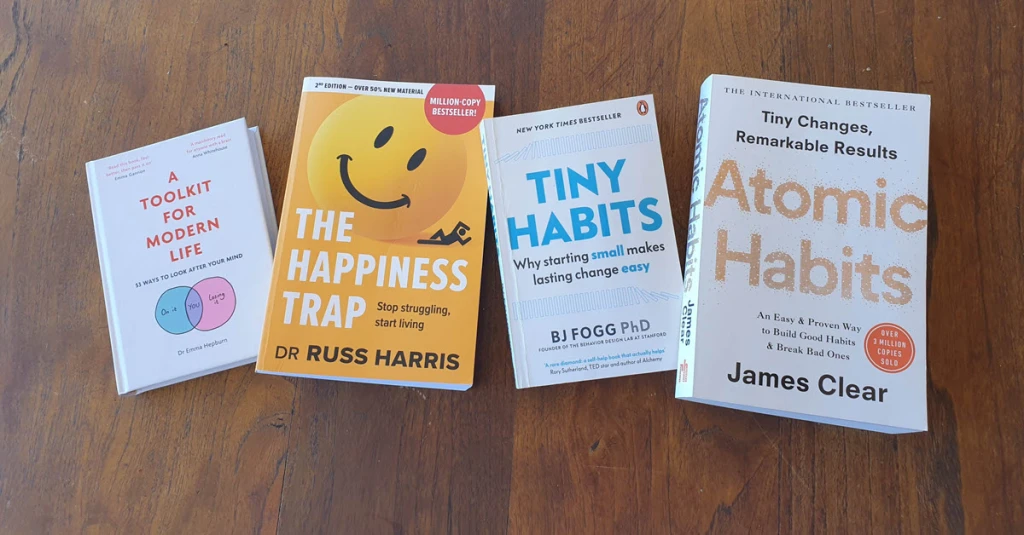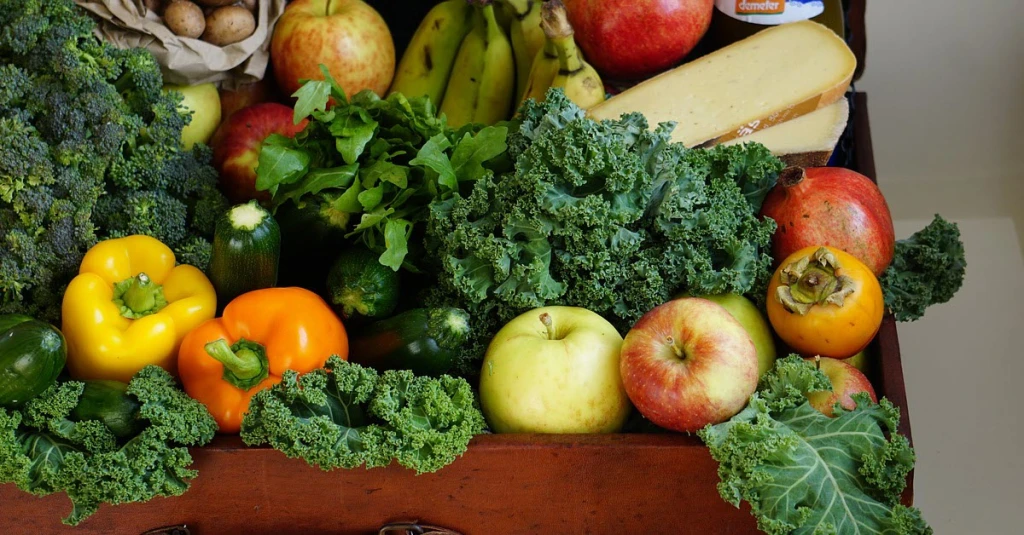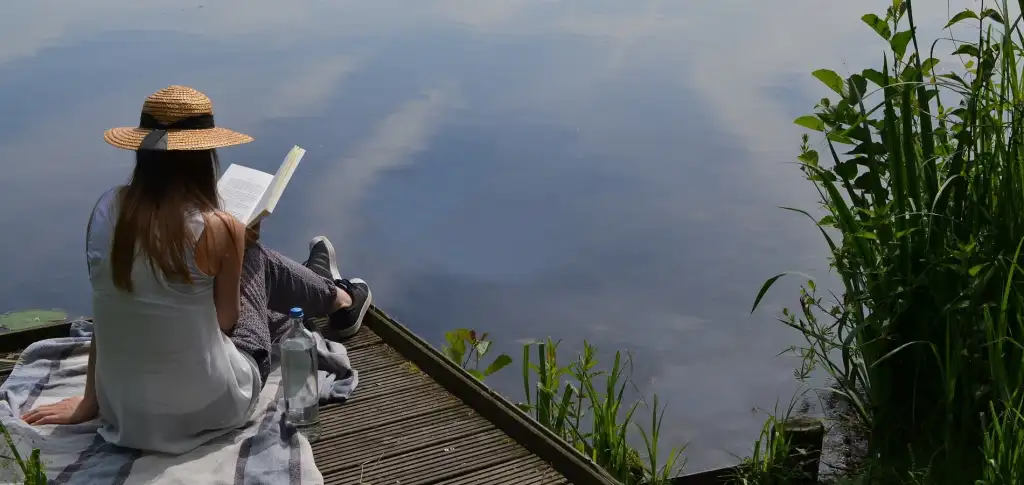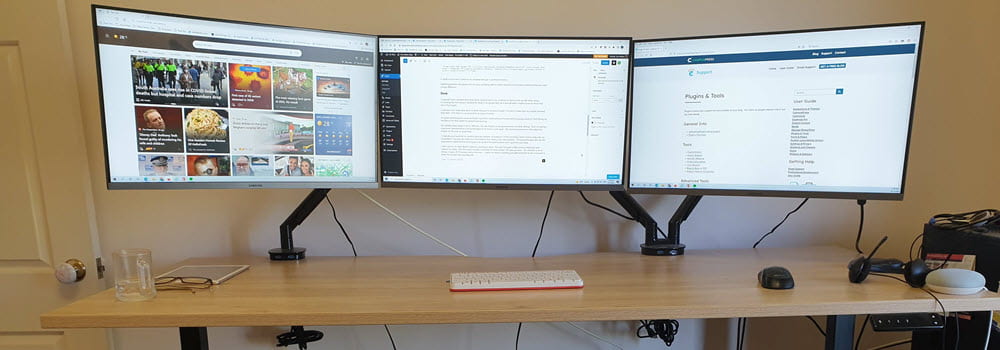With my proliferation of web sites it is easy to understand why most forget that I am relatively a newbie in terms of the educational use of Web 2.0 technologies. Putting it in context last year was the first time I had heard about the Edublog Awards, and that was after the event. This year I now know what the Edublog Awards 2007 and can be part of the nomination process.
I know that many of my readers are in similar position to myself, being new to the educational use of these technologies, so I decided to provide an overview of the Edublog Awards so we can all be part of the process.
The Edublog Awards is a community based incentive that has been running for 4 years on a voluntary basis and is jointly convened this year by Josie Fraser and James Farmer. The awards were originally set up 4 years ago in response to community concerns relating to how schools, districts and educational institutions were blocking access of learners and teachers blog sites for educational purposes. mmmm sad to realise that 4 years later blocking access is still an issue.
The purpose of the Edublog awards is promote and demonstrate the educational values of these social softwares. Nominations are open to anyone, in a range of categories, until the 21st of November, after which finalists will be chosen then voting, open to everyone, will commence. The Award ceremony will be held in Second Life on Saturday December 8.
The best aspects of the Edublog awards is it creates a fabulous resource for educators to use for ideas on how social software is used in different contexts, with a range of different learners; which means we are introduced to new sites that we might not have found if not for the awards process.
The Edublog Awards are accepting nominations in the following educational blog and educational software categories:
- Best individual blog – best educational blog maintained by an individual
- Best group blog – best educational blog maintained by more than one person
- Best new blog – best new educational blog (group or individual) of 2007
- Best resource sharing blog – best educational blog of whose primary purpose is to share information, links and resources.
- Best designed blog – most beautiful educational blog
- Most influential blog post – The educational blog post that has had the biggest impact (for better or worse!)
- Best blogged research paper or project – The best research paper or project in any field that has been committed to an eeducational blog
- Best teacher blog – best blog kept by a teacher for or about teaching
- Best higher-education student blog – best blog kept by a student in higher education (16+)
- Best librarian / library blog – best educational blog kept by, for or about a library or librarian.
- Best educational tech support blog – best educational blog for providing hints, tips and support for your tech needs.
- Best elearning / corporate education blog – best educational blog kept by or written about education and training in a business context.
- Best educational use of audio – best use of the audio medium in any form.
- Best educational use of video / visual – best use of the visual medium in any form.
- Best educational wiki – best educational use of a wiki.
- Best educational use of a social networking service – best educational use of any social networking service.
- Best educational use of a virtual world – best educational use of any virtual world space.
- Best educational use of open source – best educational use of an open source platform.
- Digizen’s 13-19 competition – For young people creating and sharing online resources around the theme of cyberbullying
- Conveners award – A special award given to an educational blog that particularly deserves to be of note.
Check out the 2006 Winners, 2005 Winners and 2004 Winners to learn more about the Edublog Awards.
So it is now time for us to all start nominating — we only have until 21 November. The only problem I have is there are way more categories this year (I think?) and we all know that I have problems making decisions. Would love to hear your suggestions for sites we should nominate for some of categories — I love checking out new resources.




Leave a comment